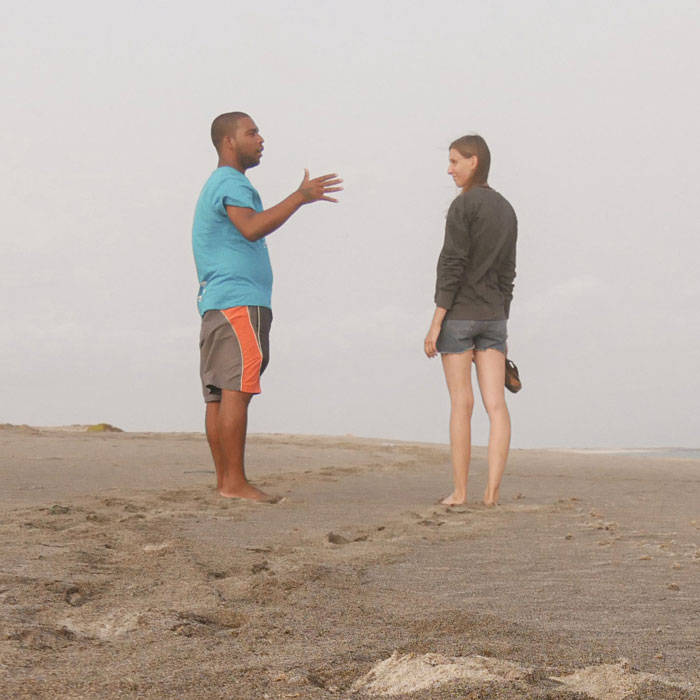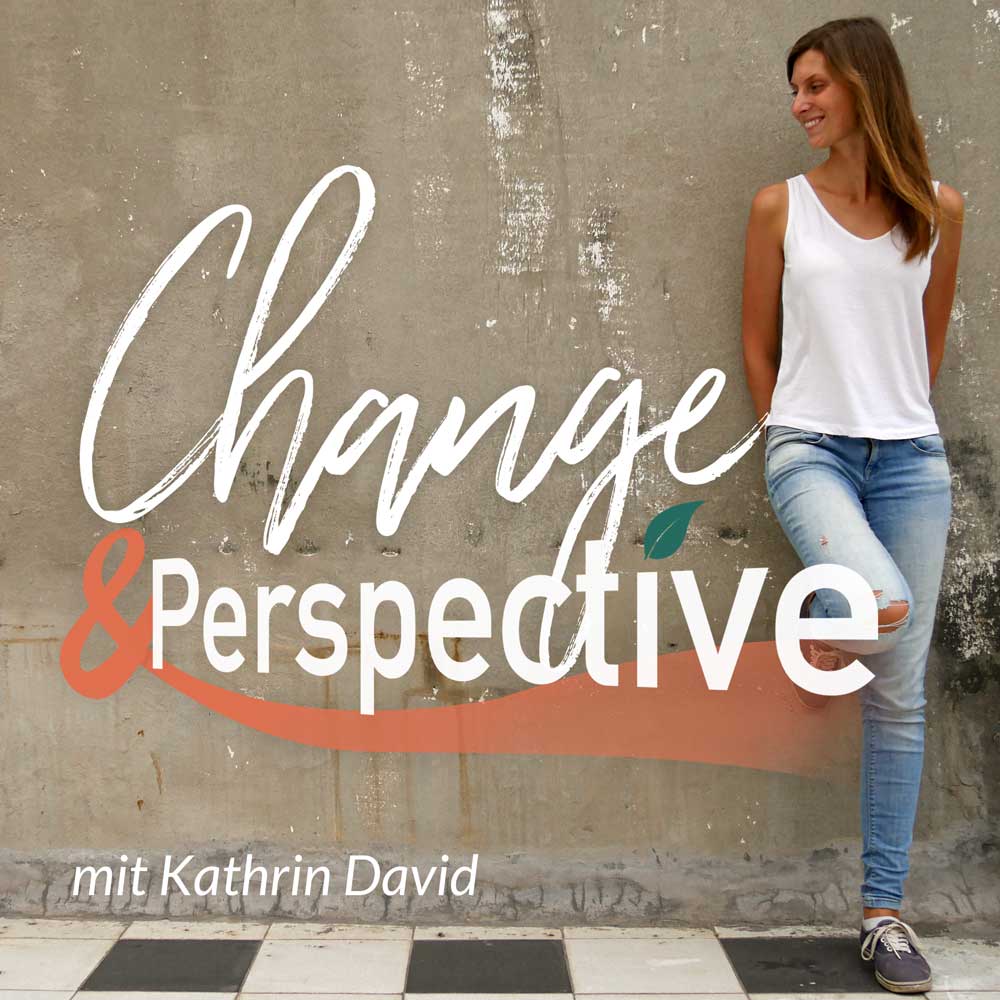What is the reality around volunteering with children? Is it a good idea? What are the consequences for children and what can I do if I really want to help? I’m asking Shyam Kumar Lama from Umbrella Organization Nepal:
- How is trafficking linked to children living in childcare homes in cities in Nepal?
- What is the role of international volunteers in this context?
- What is your message to people who want to help vulnerbale children in need?
Listen
#083
Klicken Sie auf den unteren Button, um den Inhalt von anchor.fm zu laden.
The reality around volunteering in Nepal is different than you think
“They are coming with good intentions, but they are effecting children emotionally and in a negative way“
More than 80% of children living in orphanages have at least one living parent. But why are parents giving away their children? Shyam Kumar Lama from Umbrella Organization Nepal explains in this conversation the root causes for trafficked children to larger cities and into children homes.
The number one reason is the financial situation of the parents in the village. Unemployment, lack of awareness and no access to good education for their children in rural villages. This is why the Umbrella organization is active in those villages around education and creating jobs, as well as supporting reintegration of children into their families. Between 2005 and 2009 Umbrella closed down 7 corrupt homes and relocated the children living in them, many of whom were suffering from severe malnutrition, dehydration, forced labour and general ill-health. To date rescued over 405 children from such conditions.
Shyam also tells us about the role and responsibility of foreign volunteers. By coming to pay fees to corrupt orphanages, they support a system which harms the children they want to help. Shyam shares with us his tips if you want to help and volunteer with children in Nepal.
1) Explore the children homes and make sure they are registered and do good work
2) Help from a distance and don’t involve in a close relationship. This will harm the children emotionally and mentally.
3) Stay for a long time and apply for your position with a police background check.
4) He doesn’t recommend to work with institutional care in general and also says to only engage with the staff and not the children.

Links and Infos
- Umbrella Organization Nepal
- Podcast Episode with Tenikwa on volunteering with animals (English Interview)
- Episode with Claire Bennett on Responsible Volunteering (English Interview)
- Newsletter give & grow for more resources around sustainable tourism and responsible volunteering

You would like to learn more about sustainable travel and mindset? Help abroad and enable positive change?
Check out our online courses on give & grow.

